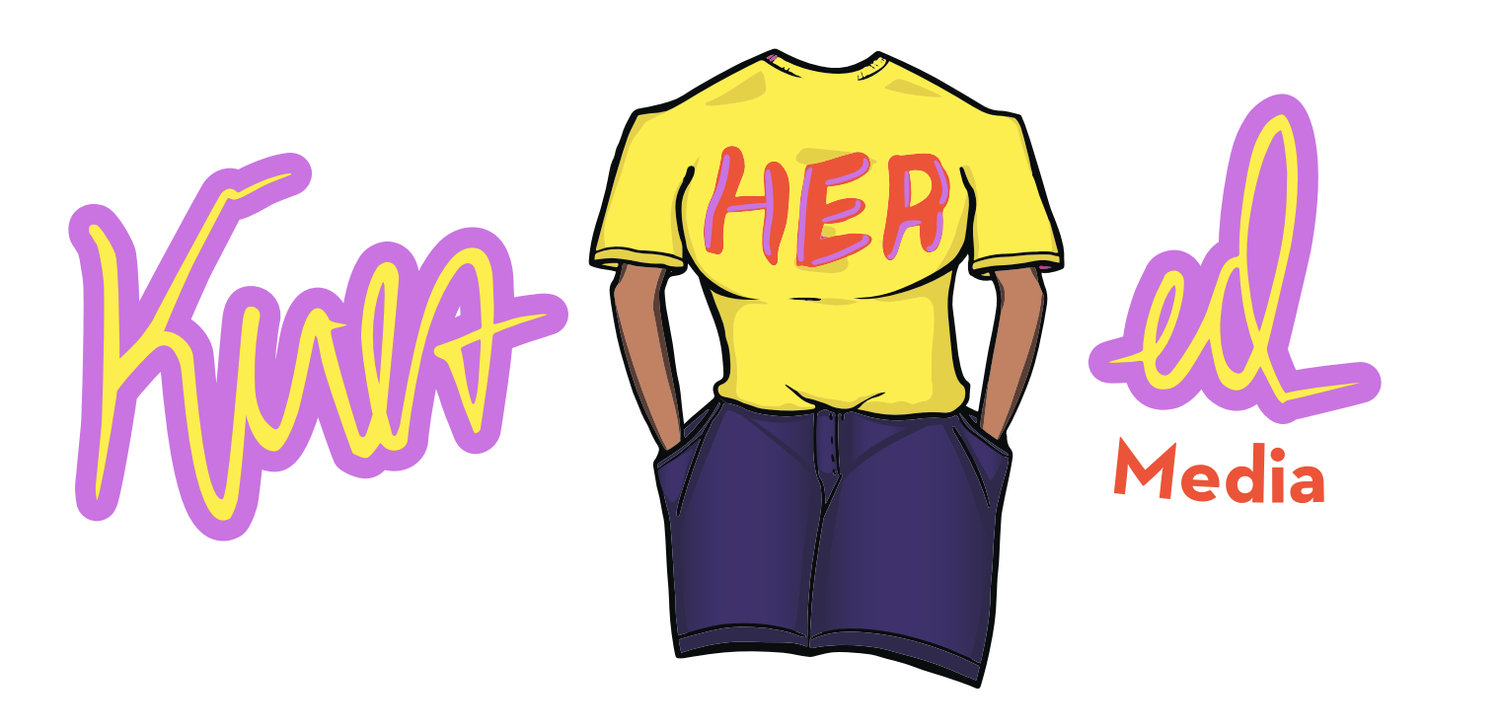The Water Dancer-A Magical Tale of Racism, Slavery and Resilience
When it comes to literacy, I’ve always had a more mature and wide range of tastes- reading adult themed novels with expansive vocabulary in 6th grade and up. Everything from autobiographies and memoirs, fiction and nonfiction, YA (young adult which is the most controversial and my personal favorite) and even some sci-fi thrown in for some razzle dazzle.
Authors from Richard Wright and Maya Angelou to Angie Thomas, Colson Whitehead, Feminista Jones and others satiate my hunger for diverse and inclusive stories on all subjects.
I first got introduced to Ta-Nehisi Coates when I read his 2015 novel, Between the World and Me, a story about a soft, painful and transparent six chapter letter that Coates penned to his 15 year old son Samori as a balm to his sick and shocked reaction to no charges brought against Darren Wilson, Mike Brown’s killer. The inspiration behind the book is a clear ode to James Baldwin’s The Fire Next Time, a similar slim volume that debuted in 1963 that begins with an essay titled “My Dungeon Shook: Letter to My Nephew on the One Hundredth Anniversary of the Emancipation.” It was a raw, unflinching look at racism and police brutality explained from a father to a son. I loved it.
So when Coates announced The Water Dancer, I was excited to learn the plot and read along.
Hiram Walker is a young Black boy born into slavery. When his mom is sold away, all his memory of her is stripped away, but he’s left with a mysterious and magical gift. Following a near death drowning accident a few years later, that same mythical power saves his life. The run in with death prompts Hiram to be brave and try to escape the only home he’s ever known.
He then begins a journey that takes him from evil Virginia plantations to the death filled South and civil rights movements in the North (after his brother dies, he discovers that his superpower is conduction, so he is able to propel himself across waters).
The prose flows- send chills through your body and reads like the sweetest poetry in a jazz club. But where the novel falls short is the magical realism portion.
Part of a lot of slave novels and narratives that a lot of authors and producers impose (to me) is the element of imagination-they give us an inside look into the slaves’ “happy place '' that they use to escape reality, which is great. But the elements of magic get lost in translation in this novel sometimes, it seemed clunky and trying too hard compared with the real brutality and abuse of the slaves.
In epigraphs between chapters, Coates gives readers quotes from folks who drowned and died in the middle passage, like Robert Hayden: “Lost three this morning leaped with crazy laughter/to the waiting sharks, sang as they went under.” Coates blends accurate tragedies of slavery and the mental and physical angusih that accompanies it with the contrast of vibrant imagination and magic, but it drags sometimes and the other characters seem underdeveloped with no motives or reasoning for their actions.
I rate the book with 3 stars out of 5- it’s an excellent read by one of America’s most revered authors on race and culture of Black folks, but I believe the execution could have been better and more succinct. If you like dreamy prose, magic realism and a slave story that’s different from the norm, then this novel is worth reading.

